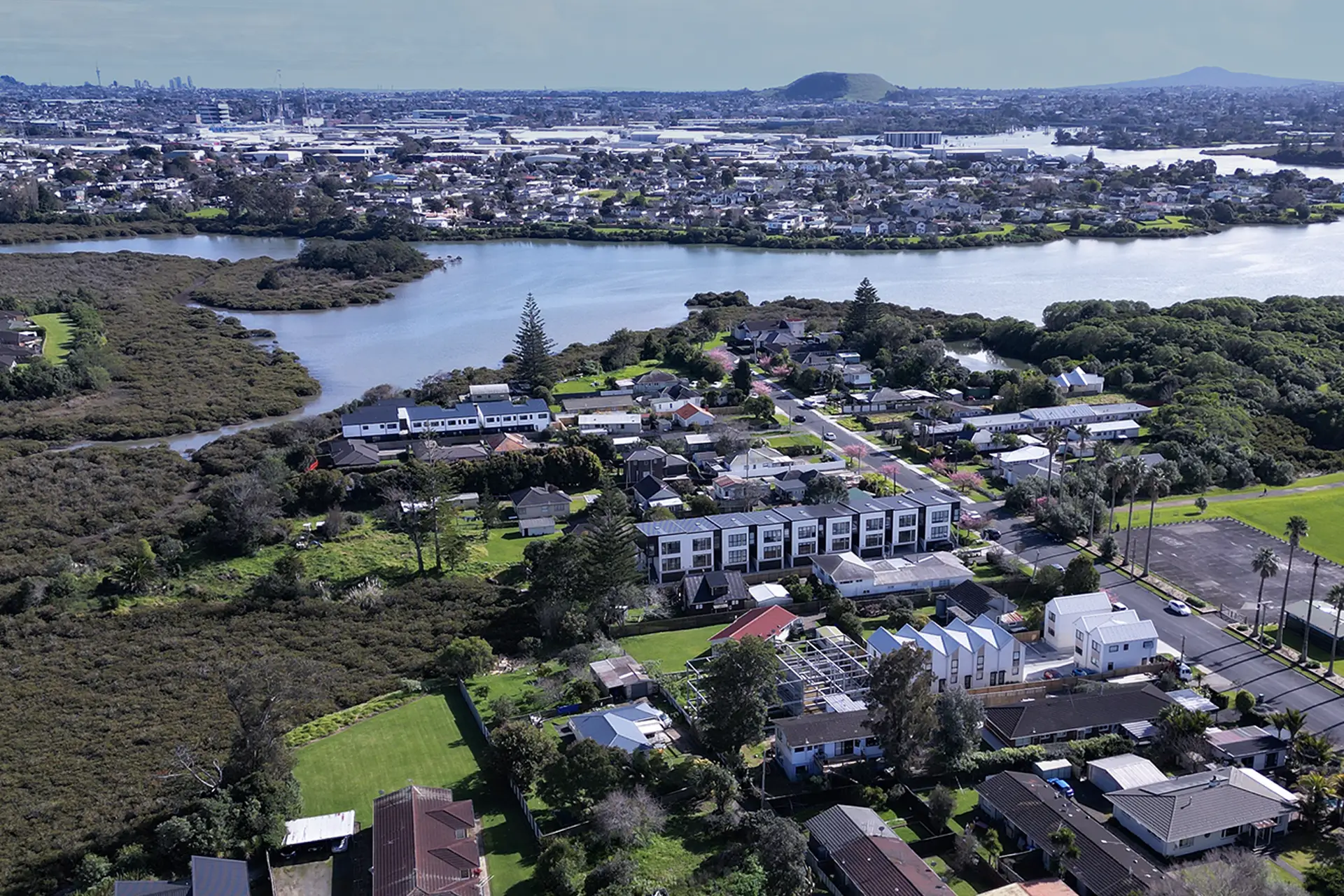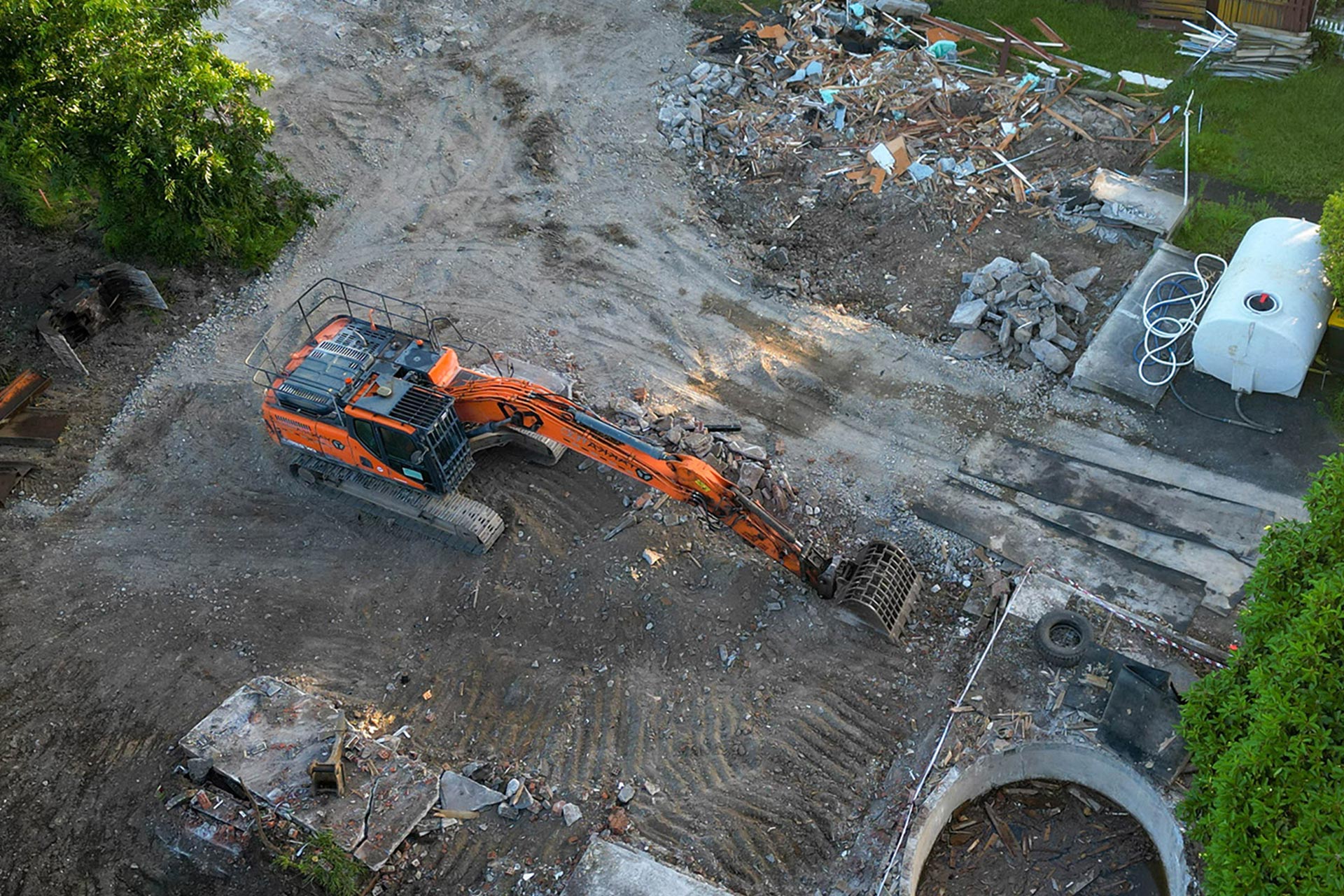The long-running dispute between the Westgate Developer and Auckland Council has finally come to an end. After years of litigation, the Court of Appeal has upheld a 2023 High Court decision, confirming that the Council and Auckland Transport are not liable for the $87 million claim brought by developer Mark Gunton’s companies.
Overview
The case centred on allegations that the Council failed to deliver key infrastructure to support the integration of the old and new town centres at Westgate. The developer argued that this failure undermined the success of what was intended to be a major commercial hub, causing traffic congestion, deterring customers, and reducing property values.
However, the Court concluded that the agreements in question were non-binding, and that evolving local government structures meant expectations could not be enforced as contractual obligations. As the judgment put it: “The salient point is that these are carefully negotiated and legally drafted relational contractual arrangements… necessarily [responding] to evolving circumstances”.
Legal Issues in Commercial Property Development
The Westgate Developer case demonstrates the complex nature of commercial property projects, particularly when public and private interests intersect. A memorandum of understanding may set out intentions, but unless it is contractually binding, it may not hold up in court.
For developers, this raises critical legal issues:
- Contractual certainty: Broad “shared visions” are not enough. Agreements must be specific, binding, and enforceable.
- Infrastructure delivery: Reliance on councils or other public bodies carries inherent risk if obligations are not clearly documented.
- Relational contracts: Courts may recognise the long-term, evolving nature of such agreements, but this flexibility often works against developers seeking damages.
- Project risk management: Developers must balance commercial ambition with legal safeguards, ensuring that risks around infrastructure and planning decisions are addressed upfront.
Who Is Affected?
The immediate impact falls on the Westgate Developer, who leaves the case with nothing to show for years of litigation. But the ripple effects extend further:
- Property investors may become more cautious when considering large-scale developments tied to council infrastructure.
- Councils and local authorities gain reassurance that non-binding agreements are unlikely to expose them to multimillion-dollar liabilities.
- Communities may face delays or compromises in urban projects when disputes arise over infrastructure delivery.
Lessons for Future Developments
Commercial property development is inherently high-risk, and the Westgate Developer case underscores the importance of rigorous legal preparation. Developers must ensure that memoranda, contracts, and agreements go beyond aspirational visions and clearly set out obligations, standards, and timelines.
Witnesses in this case, including former Waitākere City mayor Sir Bob Harvey, emphasised the ambition to create a metropolitan hub in West Auckland. Yet ambition without enforceable agreements left the developer without legal recourse.
Large-scale commercial projects often involve years of negotiation, planning, and investment. Without strong legal foundations, developers may find themselves exposed when expectations do not materialise. At Wynyard Wood, our team helps clients in commercial property and construction law to secure binding agreements, manage risks, and resolve disputes effectively.
If you are planning a commercial development at any scale and want to avoid challenges similar to those faced by the Westgate Developer, contact Wynyard Wood for expert legal advice on construction law.
Related Articles:
Related Services:
If you are involved with a building project and need legal assistance, we can help you objectively review your circumstances, and what next steps are most appropriate for your situation.
Read More
Our experienced Public Works Act lawyers can advise you on your rights and obligations, assist in negotiating compensation, and represent you in legal proceedings if necessary.
Read More
Solving disputes for families and businesses: Disputes are an inevitable part of life – it is how you deal with them that counts.








